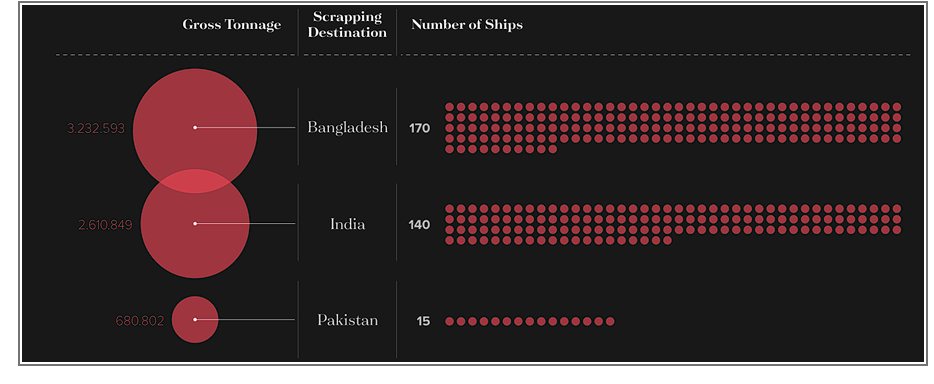Decoding Medical Liens in Maritime Personal Injury Cases

Decoding medical liens in maritime personal injury cases involves understanding how these financial claims affect settlement outcomes. Medical liens in personal injury cases serve as claims by healthcare providers against the injured party’s compensation. These liens ensure that providers are compensated for medical services rendered after an injury.
In maritime cases, medical liens can influence the compensation process significantly, affecting how much an injured worker ultimately receives. It’s crucial to comprehend the various types of liens and the legal ramifications they carry. Given that maritime personal injury cases can be distinct, understanding the nuances specific to this field is essential for those seeking to manage their financial recovery.
By addressing the financial implications of medical liens, injured parties and their legal representatives can better handle potential pitfalls in their cases. Learning how to manage medical liens effectively, such as in Texas personal injury cases, provides useful strategies applicable across various jurisdictions. Understanding medical lien personal injury settlement helps injured individuals protect their compensation while ensuring medical expenses are appropriately handled.
Understanding Medical Liens in Maritime Personal Injury Cases
Medical liens in maritime personal injury cases can significantly affect the compensation a plaintiff receives. These liens ensure that medical providers are paid for services rendered, impacting settlement distribution and requiring careful management of the legal rights involved.
Exploring the Concept of a Medical Lien
A medical lien represents a legal claim by a healthcare provider or insurance company to receive payment for medical services from the settlement of a personal injury case. In the maritime context, this ensures compensation is aligned with the unique challenges faced at sea. These liens prioritize repayment from the settlement funds before any payments to the plaintiff. Understanding how and when these liens arise is crucial.
For maritime workers, the process often involves hospitals and insurance companies waiting for settlements to secure their payments. Medicare and Medicaid may also assert claims, impacting how much a plaintiff ultimately receives. This arrangement ensures that debts for medical services are addressed without imposing direct financial strain on the injured party during treatment.
Roles and Responsibilities of Involved Parties
Different parties play distinct roles in managing medical liens. The plaintiff, often the injured maritime worker, must notify lienholders of potential claims. Healthcare providers, such as hospitals and doctors, place liens to secure payment for their services.
Insurance companies, including health insurers and government programs like Medicare, often have legal rights to place liens on settlements. Legal representatives for plaintiffs have the responsibility to negotiate these liens, attempting to reduce the debt to increase the client’s take-home amount. A crucial task for attorneys is to confirm the legitimacy of claims made by lienholders, ensuring only valid debts are repaid from settlement funds.
The Legal Framework Governing Medical Liens in Maritime Law
Maritime law has specific provisions that govern the establishment and enforcement of medical liens. These laws work alongside state laws to dictate how liens are applied and managed. In particular circumstances, federal regulations may grant specific rights to entities like Medicaid and Medicare, altering the structure of lien arrangements.
Legal precedence also impacts how disputes over liens are resolved in maritime cases. Courts review the reasonableness of lien amounts and adjudicate fairness, ensuring claimants don’t suffer undue financial harm. These legal frameworks provide the structure within which lienholders and plaintiffs operate, guiding the resolution of medical debts in maritime injury settlements.
Steering Through Medical Liens for Compensation and Settlement
Handling medical liens in maritime personal injury cases is crucial for ensuring fair compensation and resolution of settlements. This section explores the impact of these liens, offers strategies for effective negotiations, and outlines how the rights of injured parties can be protected.
Assessing the Impact of Medical Liens on Settlements
Medical liens can significantly influence the settlement process in maritime personal injury cases. When an injury settlement is reached, medical liens allow healthcare providers to claim a portion of the compensation to cover outstanding medical bills. The presence of such liens may reduce the total settlement amount available to the injured party.
Insurance companies and healthcare providers often place these liens to recoup costs incurred during treatment. To protect the injured party’s interests, awareness of the legal basis and extent of medical liens is essential. Understanding how these liens affect the settlement amount ensures that injured parties can adequately plan their financial recovery and reimbursement.
Effective Strategies for Lien Negotiation and Resolution
Successfully addressing medical liens often requires strategic negotiation with healthcare providers and insurance companies. One approach involves hiring legal counsel experienced in personal injury settlements. They can help negotiate the claim’s extent, ensuring the lien amount reflects the actual cost of medical expenses.
Negotiation may include discussing a payment plan or reducing the lien amount, especially if the settlement award is less than expected. Ensuring that all involved parties agree on the terms can relieve financial pressure on the injured party. Moreover, proper documentation and communication are critical in resolving any disputes and reaching a fair outcome.
Protecting the Rights of the Injured Party During Recovery
Safeguarding the rights of an injured individual involves understanding their liability and compensation entitlements. Legal representation can help ensure that the injured party receives maximum compensation for lost wages, pain, and suffering, beyond just covering medical expenses.
During the settlement process, it is important to keep lines of communication open with all parties. This includes closely reviewing the insurance policy and ensuring it aligns with the compensation awarded. Protecting the rights of the injured party not only involves securing a fair settlement but also ensuring they are not burdened by undue financial responsibility due to medical liens.
![]()
The post Decoding Medical Liens in Maritime Personal Injury Cases appeared first on Container News.
Content Original Link:
" target="_blank">


























































